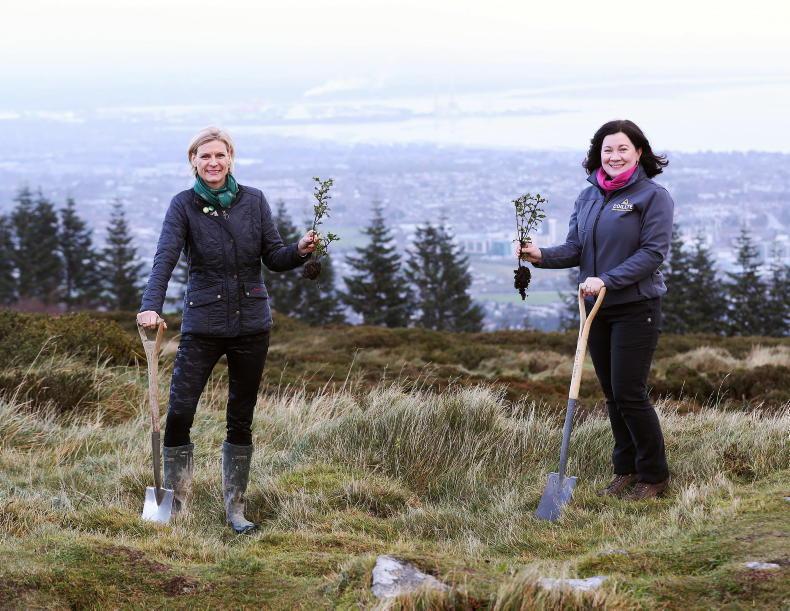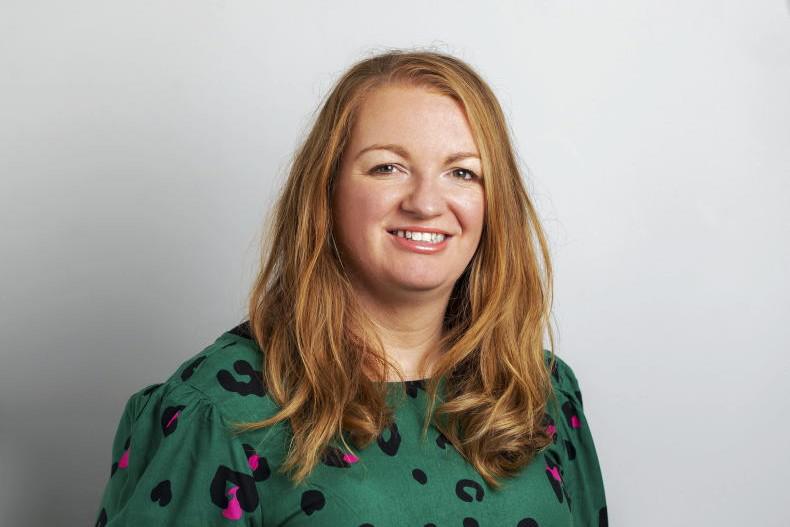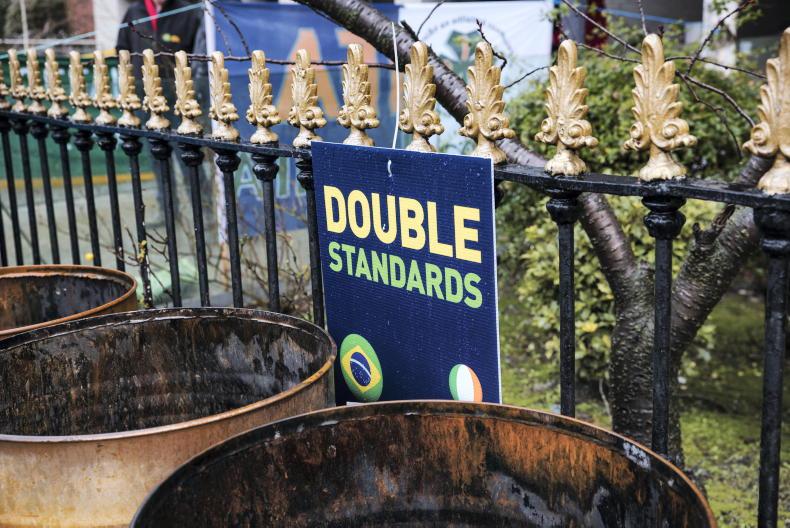They say that there is a book in everyone. What is evident from the books featured in this week’s paper is that life can change for a person in the blink of an eye, as in the case of Zoe Holohan, this week’s cover.
Or it might change over a more protracted period, as evidenced by the life stories of Seamus O’Rourke, whose book, Standing in Gaps, is reviewed by Anne, and Kevin Myers, whose autobiography is reviewed by Matt Dempsey.
Agriculture mimics life – change may be constant but the pace varies.
The EU Commission wants to increase the volume of organic food produced and consumed as part of its Farm to Fork Strategy. This week, Janine carries the second part of her organic farming series. She asks if the numbers stack up and speaks with processors and retailers about the market for organic food in Ireland. When any of our team write about farm diversification, I always advise that “we need some figures to go with that”.
Information is power
Although not everyone or every family needs the same amount of money with which to live their lives, farmers still need to know what the potential return is when making the business decision to convert to a new system. Information is power.
Suffice to say that I was very disappointed when Janine revealed that official information on organic farming was almost impossible to get. Farmers and the industry were willing to share, but little was available from officialdom. Things like production costs, volumes sold, consumer demand and promotional spend (as recorded by research and data collection from the organisations that are charged with those tasks) were not freely available.
Without a clear strategy, the process of moving from conventional to organic will be slow
The mood music for dairying is not so positive this week, but if we have learned anything from the expansion in dairy over the last six years, it is that, with solid information, a defined route to market and a good dose of positivity, farmers will jump on board. In relation to organics, this remains sadly lacking. Without a clear strategy, the process of moving from conventional to organic will be slow. And if consumer demand continues to outstrip Irish production that would be a bad situation for Ireland, as most of this product will be imported, as it is now.
I was disappointed when Minister Hackett openly admitted at the IFA AGM earlier this year that she was shocked that some organic meat was sold for the same price as conventional. Unfortunately, this was not a secret, Minister.

Seasonal planting: Minister of State, Pippa Hackett and Imelda Hurley, CEO, Coillte planting holly at Ticknock Forest to mark the launch of the "Dublin Mountains Makeover" native woodland project.
I attended two IFA (online) meetings over the last week, one on forestry and one on organics. Both had high farmer turnout, lots of information was provided and questions directed to the speakers. Regarding the forestry one, it was very clear that due to a complete failure to support and communicate with farmers, our planting, harvesting and attitude towards forestry is in a very bad place.
Minister Hackett deflected the forestry issue by saying: “I inherited this problem”, a situation that is common for many new ministers. I would suggest, however, that if Minister Hackett does not want her inevitable replacement to firmly hurl her under the same bus on the organic farming issue, she should learn from the forestry debacle and implement what is needed to support the growth of organics from actual farm to actual fork.
They say that there is a book in everyone. What is evident from the books featured in this week’s paper is that life can change for a person in the blink of an eye, as in the case of Zoe Holohan, this week’s cover.
Or it might change over a more protracted period, as evidenced by the life stories of Seamus O’Rourke, whose book, Standing in Gaps, is reviewed by Anne, and Kevin Myers, whose autobiography is reviewed by Matt Dempsey.
Agriculture mimics life – change may be constant but the pace varies.
The EU Commission wants to increase the volume of organic food produced and consumed as part of its Farm to Fork Strategy. This week, Janine carries the second part of her organic farming series. She asks if the numbers stack up and speaks with processors and retailers about the market for organic food in Ireland. When any of our team write about farm diversification, I always advise that “we need some figures to go with that”.
Information is power
Although not everyone or every family needs the same amount of money with which to live their lives, farmers still need to know what the potential return is when making the business decision to convert to a new system. Information is power.
Suffice to say that I was very disappointed when Janine revealed that official information on organic farming was almost impossible to get. Farmers and the industry were willing to share, but little was available from officialdom. Things like production costs, volumes sold, consumer demand and promotional spend (as recorded by research and data collection from the organisations that are charged with those tasks) were not freely available.
Without a clear strategy, the process of moving from conventional to organic will be slow
The mood music for dairying is not so positive this week, but if we have learned anything from the expansion in dairy over the last six years, it is that, with solid information, a defined route to market and a good dose of positivity, farmers will jump on board. In relation to organics, this remains sadly lacking. Without a clear strategy, the process of moving from conventional to organic will be slow. And if consumer demand continues to outstrip Irish production that would be a bad situation for Ireland, as most of this product will be imported, as it is now.
I was disappointed when Minister Hackett openly admitted at the IFA AGM earlier this year that she was shocked that some organic meat was sold for the same price as conventional. Unfortunately, this was not a secret, Minister.

Seasonal planting: Minister of State, Pippa Hackett and Imelda Hurley, CEO, Coillte planting holly at Ticknock Forest to mark the launch of the "Dublin Mountains Makeover" native woodland project.
I attended two IFA (online) meetings over the last week, one on forestry and one on organics. Both had high farmer turnout, lots of information was provided and questions directed to the speakers. Regarding the forestry one, it was very clear that due to a complete failure to support and communicate with farmers, our planting, harvesting and attitude towards forestry is in a very bad place.
Minister Hackett deflected the forestry issue by saying: “I inherited this problem”, a situation that is common for many new ministers. I would suggest, however, that if Minister Hackett does not want her inevitable replacement to firmly hurl her under the same bus on the organic farming issue, she should learn from the forestry debacle and implement what is needed to support the growth of organics from actual farm to actual fork.









SHARING OPTIONS